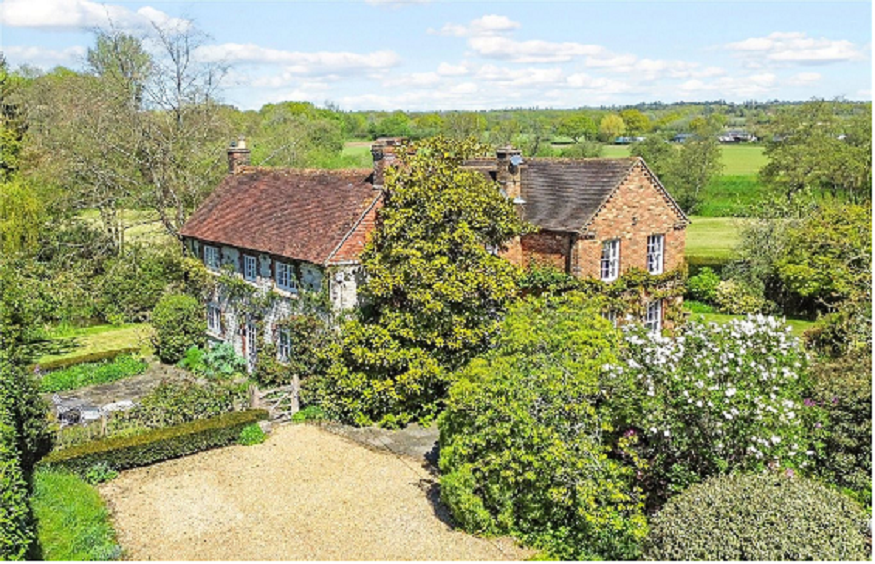Home improvement is a crucial part when selling a fixer-upper. It enhances the aesthetics and functionality of your living space, adds value to your property, and creates a comfortable living space. Through practical and budget-friendly home improvement projects, you can maximize your fixer-upper home’s potential and attract potential buyers with these essential home improvement and selling tips for fixer-upper homeowners.
The article provides valuable insights to help you undertake home improvement projects that will help you sell your fixer-upper successfully.
1. Assess and Prioritize Your Home Improvement Needs
Before selling your fixer-upper, it’s crucial to assess its condition. Conduct a thorough evaluation of your home, identifying areas that need improvement, such as outdated fixtures, worn-out flooring, or peeling paint. Prioritize repairs based on their impact on the overall value of the home.
Structural issues, safety concerns, and major systems like plumbing or electrical should precede cosmetic upgrades. Consider consulting with a home-selling real estate professional like DCI Properties to help you understand all your options, including selling in as-is condition, getting the best home-selling terms and getting an unbiased opinion. Properly assessing your home’s condition will help you prioritize and budget for necessary repairs, ensuring your home is in the best possible shape for potential buyers.
2. Identify a Professional to Help in Your Home Improvement and Selling Journey
When embarking on your home improvement and selling journey for your fixer-upper, it’s crucial to identify a professional who can help you achieve the best possible terms. Consider working with a home-selling real estate professional with a track record of successfully selling fixer-upper properties.
Look for a home-selling company that’s trustworthy, experienced, and knowledgeable about the local market. They should also be reputable in providing fast and fair transactions. A reliable real estate agent can provide valuable guidance, connect you with potential private home buyers, and help you negotiate favorable terms for successfully selling your fixer-upper property.
3. Proper Planning and Budgeting
When selling a fixer-upper, planning and proper budgeting is crucial. Create a realistic budget that includes materials, labor, permits, and other expenses. Set priorities based on the impact on your home’s value and potential return on investment. Research and make informed decisions about which improvements to undertake within your budget.
Consider available cost-saving options, but be mindful of quality and time constraints. Consult with a professional home advisor for complex projects. Keeping a close eye on your budget and making informed decisions will help you maximize the value of your home while avoiding unnecessary expenses.
4. Professional Home Staging
Effective home staging is critical when selling a fixer-upper. Create a warm, welcoming atmosphere by decluttering, cleaning, and depersonalizing your space. Highlight the home’s potential by strategically arranging furniture and decor. Address any obvious flaws and emphasize the positive features of your home.
Set a reasonable offer price considering the property’s condition and comparable local sales. Consider hiring a professional stager for expert guidance. A well-staged home can create a lasting impression on potential buyers and increase the likelihood of a successful sale, even for a fixer-upper.
5. Legal and Financial Considerations
Legal and financial considerations are crucial when selling a fixer-upper. Be aware of local laws and regulations regarding disclosures, permits, and inspections. Consider the financial implications of holding open houses, completing repairs, and staging your home. Review and negotiate contract terms carefully, including contingencies, closing costs, and timelines.
Be aware of potential additional fees, such as real estate commissions and closing costs. Properly handle any unwanted items or debris from the home in compliance with local regulations. Consulting with a real estate professional or home selling advisor can provide valuable guidance to protect your interests and ensure a smooth transaction.
Conclusion
Home improvement and involving a professional home-selling company are essential for a successful sale of your fixer-upper property. By assessing your home’s condition, planning and budgeting wisely, staging effectively, and identifying the right professionals, you can increase the certainty and ease of selling your home. Consider the potential of selling your home with the best terms and working with trustworthy professionals who can guide you. With careful planning, proper marketing, and expert assistance, you can successfully improve and sell your fixer-upper property and achieve your desired outcome.



